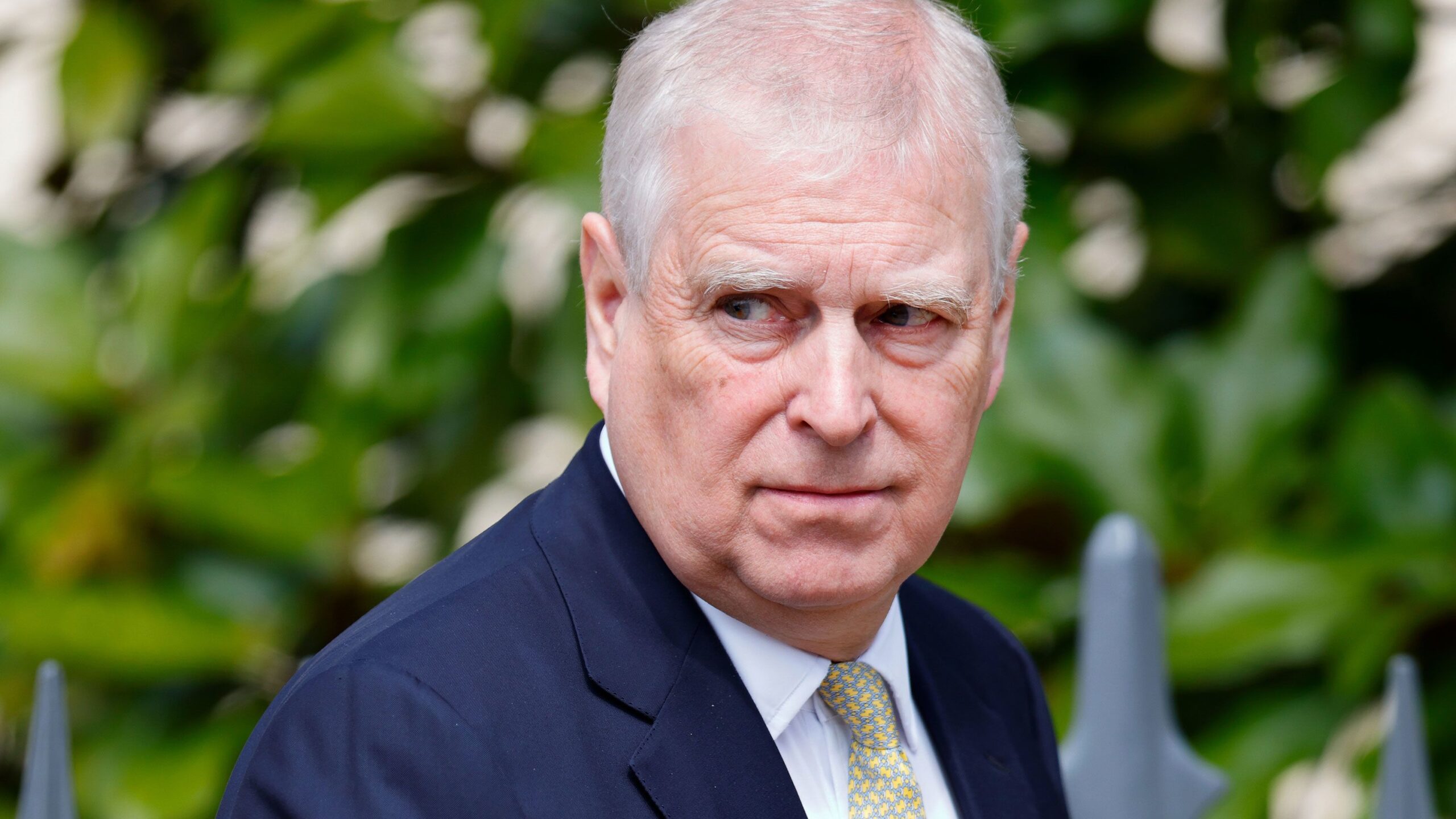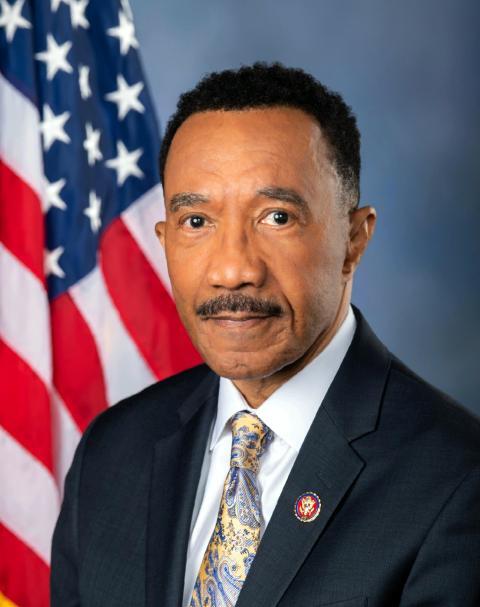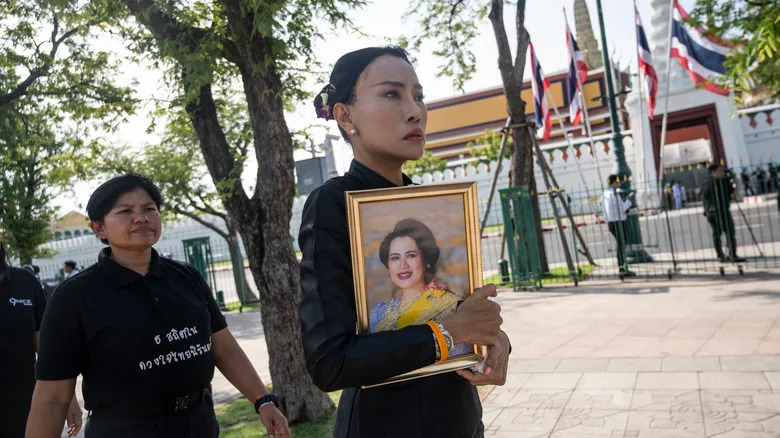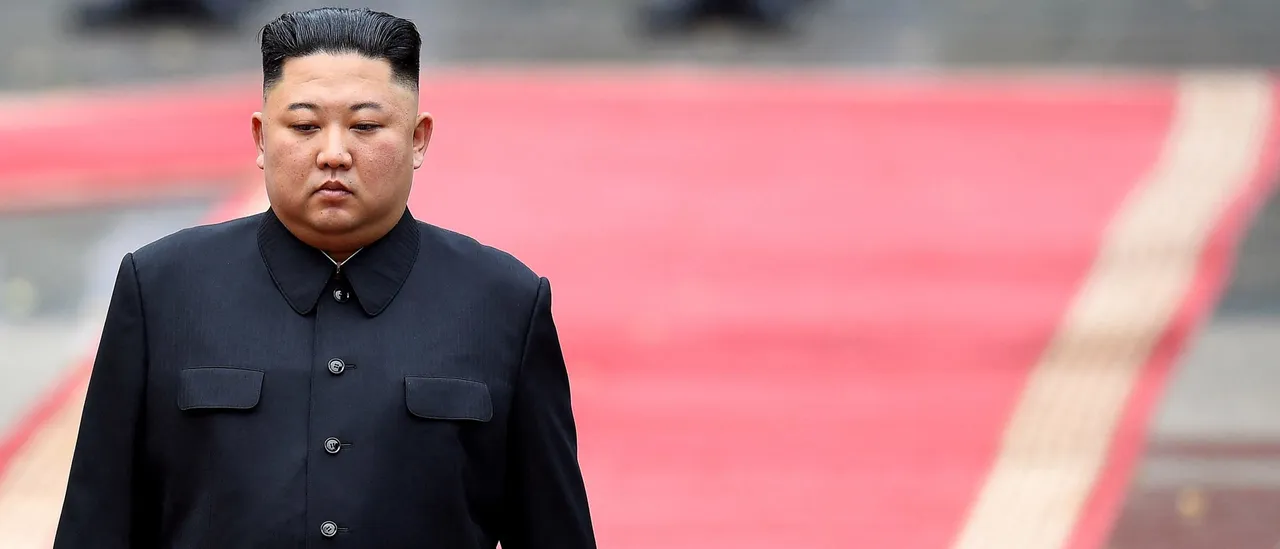King Charles has officially removed his brother, Prince Andrew, from royal titles and privileges, a significant move amid ongoing scrutiny of Andrew’s associations and allegations of misconduct. The announcement, made on March 15, 2024, indicates that Andrew will no longer be referred to as a prince and will revert to his birth name, Andrew Mountbatten Windsor. This decision follows years of mounting public pressure related to Andrew’s connections with the late convicted sex offender Jeffrey Epstein.
The royal family has faced increasing demands for decisive action regarding Andrew, particularly after the recent publication of a memoir by his accuser, Virginia Giuffre. Although Andrew has consistently denied any wrongdoing, the scandal has tarnished the monarchy’s image. His decision to relinquish his titles and honors was made just two weeks prior to the palace’s announcement, emphasizing an apparent attempt to distance himself from the controversy while claiming to prioritize “duty to my family and country.”
Significant Changes in Royal Status
Buckingham Palace’s statement outlined that Andrew is to vacate Royal Lodge, his residence in the Windsor estate, where he has lived for over two decades. This marks a dramatic shift in his lifestyle, as he will now relocate to a more modest house on the King’s private estate at Sandringham. Royal historian Kate Williams described this development as “unprecedented,” noting that previous royal sanctions have been less severe.
While there have been instances in history of royals losing titles, Andrew’s case is unique, as he has been penalized for “serious errors of judgment.” Williams pointed out that historical precedents, such as those involving Henry VIII and Prince Charles Edward, differ markedly from Andrew’s situation due to the ongoing public outcry and the nature of the accusations against him.
Political leaders have reacted positively to the King’s actions. Kemi Badenoch, leader of the Conservative Party, acknowledged the difficulty of the decision but stated it was necessary for the royal family. Ed Davey, leader of the Liberal Democrats, emphasized that Andrew’s position had become untenable and that these changes are crucial for restoring trust in royal institutions.
Public Reaction and Future Implications
Despite the King’s efforts to address the situation, some critics argue that the removal of Andrew’s titles does not sufficiently address the serious allegations he faces. Graham Smith, chief executive of the anti-monarchy campaign group Republic, stated, “Losing silly titles is not an answer to very serious accusations of sexual offenses and corruption in public office.” He called for greater accountability, asserting that royal family members should not be above the law.
Royal sources have indicated that King Charles is acting with the support of the wider family, including Prince William. The decision appears to be a necessary step in a broader strategy to manage the monarchy’s public image and address ongoing dissatisfaction among the populace.
As Andrew transitions from royal life, his ex-wife, Sarah Ferguson, will also relocate from Royal Lodge, making her own arrangements. Their daughters, Princesses Beatrice and Eugenie, will retain their titles, in accordance with a directive issued by King George V in 1917, which allows royal titles to remain with the children of sovereign sons.
The long-term impact of these changes on the monarchy’s reputation remains to be seen. While King Charles has taken decisive action, the lingering public sentiment regarding the royal family’s handling of the situation suggests that further efforts may be required to restore confidence in the institution.







